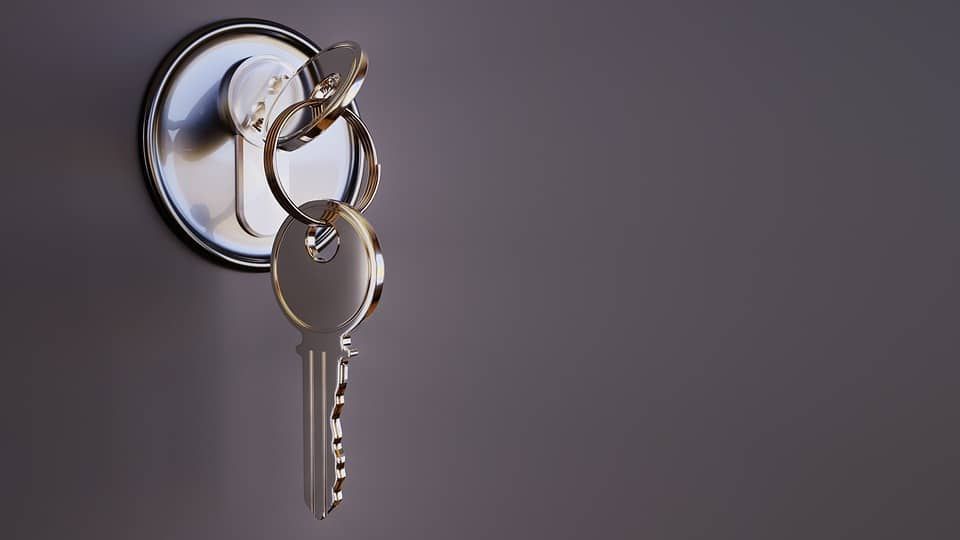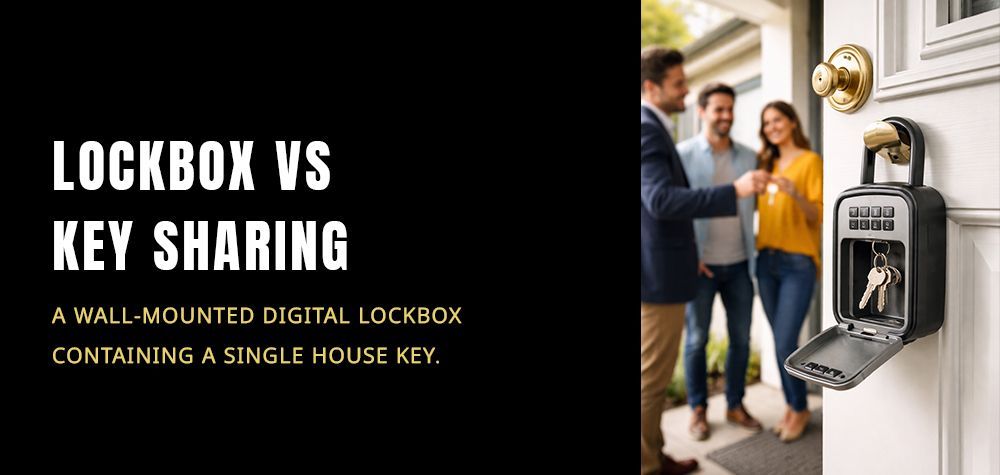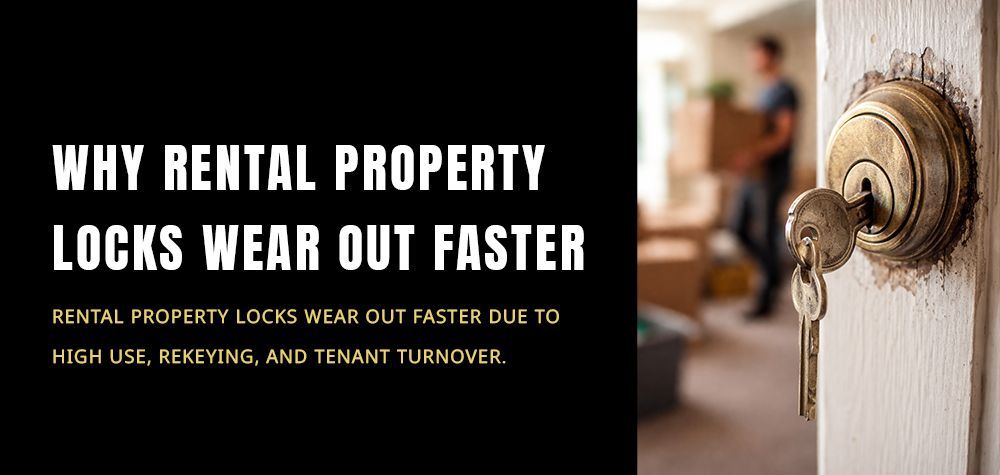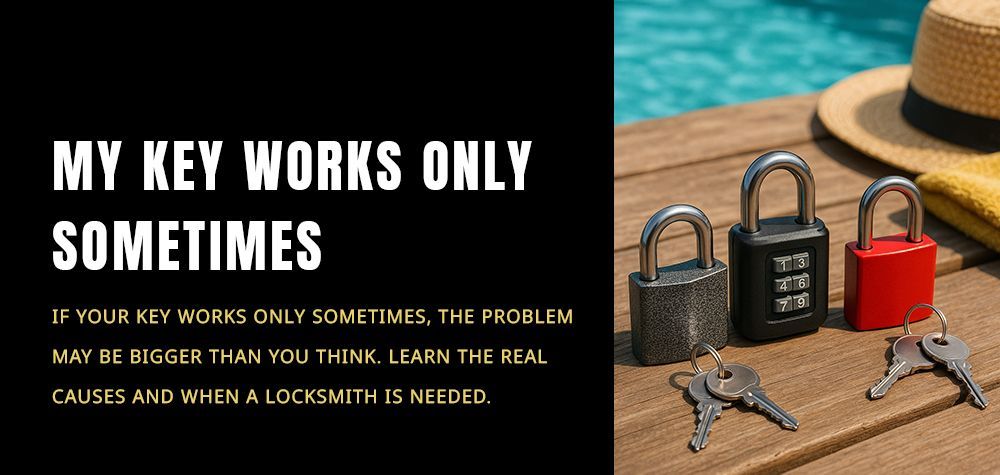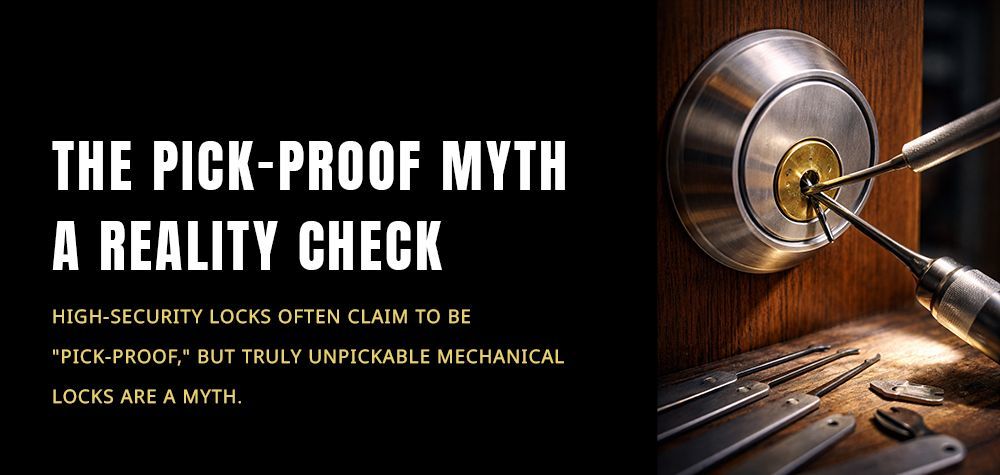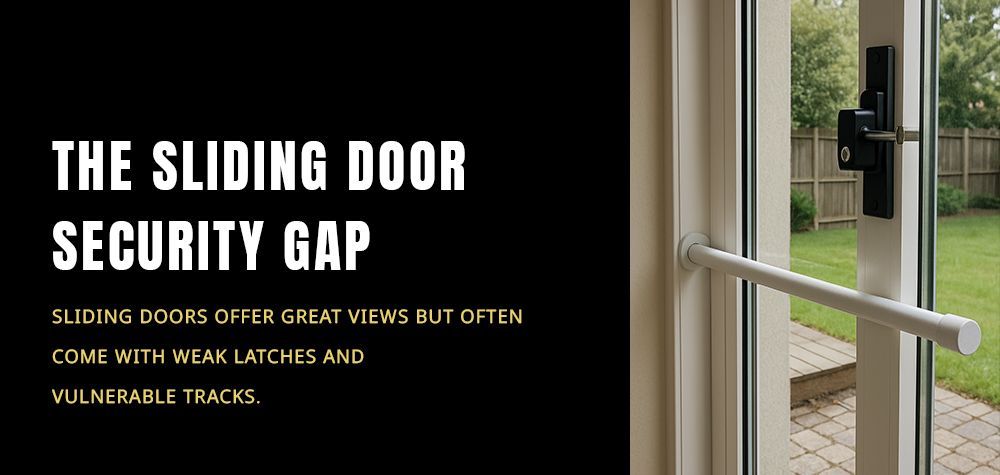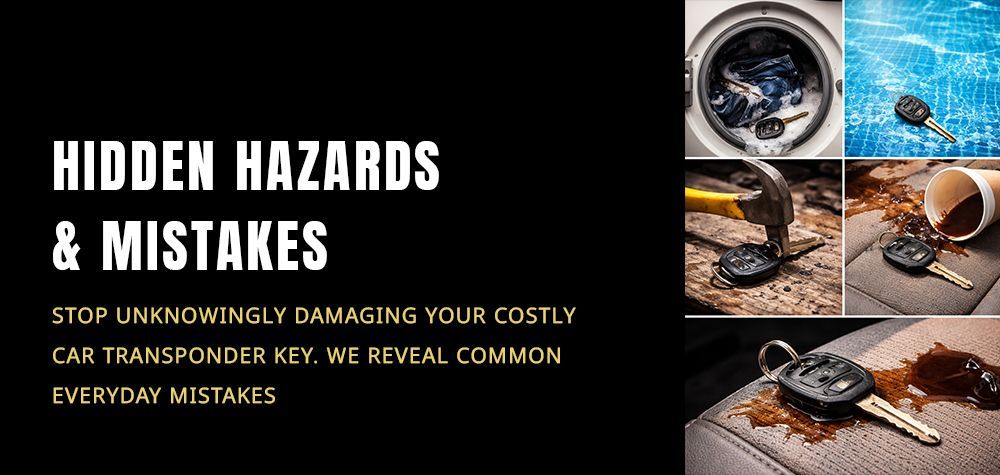How to Make Your Cylinder and Tumbler Locks Last Long
The locks have been designed to strengthen the closing mechanism of your doors . But over time, the locking system can lose its effectiveness. Wear is generally the cause, but deterioration (accidental or not) can also cause your locks to fail. It is not necessary to systematically consider a renewal.
Indeed, the maintenance of the locksmith allows it to maintain its efficiency in the long term. Here are our tips and tricks for simple but impeccable interviews.
How to Maintain Your Cylinder Locks
Oil the cogs, this is the recommended method for this type of lock. However, too much oil will have the opposite effect since your cylinder lock may become dirty. Certain precautions should therefore be adopted in order to avoid such a disaster:
- Use only non-greasy lubricant in the form of a spray. Inject the product by aiming directly at the inlet of the cylinder .
- Carry out maintenance twice a year, including once at the end of autumn. Remember that the locks get stuck especially in winter, so it is better to anticipate this recurring problem.
- Free your lock of dust residues and other impurities using an air bomb.
- If you prefer to use oil, it should be done in a measured way in order to avoid clogging.
After oiling, you will probably notice black spots on the key. Wipe with a soft cloth and reinsert and then remove again. This will be an effective way to rid the barrel of impurities that can clog it. Be careful, do not operate the key. Just insert it normally and remove it.
A few simple steps will help you keep your cylinder locks in good condition. For example, opt for burglar-resistant fittings for your doors. Avoid using a damaged key to lock or open your lock and make sure each time that the key is fully inserted as far as it will go. If the key refuses to turn, do not use force. Remove it and try again gently. After unlocking the door, open it by pulling the handle and not the key you just turned.
Remember, never leave the key in the lock all the time. It is indeed a bad habit that unnecessarily strains the cylinder and causes it to wear out prematurely.
How to Maintain Your Tumbler Locks
Keylock maintenance requires patience and delicacy. Pour a drop of very fine oil on the key. Insert it into the lock and that’s it. If your keys are rusty, soak them for 24 hours in a glass of Cola. Wipe with a soft cloth.
Too much oil will damage the lock, so you literally have to use a drop of the product, no more. If you are unable to insert the key into its lock normally, do not be tempted to force it. In case the maintenance is not enough to restore your locks, do not hesitate to quickly contact a qualified locksmith near you.
Note that if you plan to repaint a door, it will be essential to protect the lock. Varnish or paint can get into the gaps and block the opening/closing mechanism of your lock.
Why is it essential to maintain your locks?
A reliable lock goes hand in hand with effective protection. As such, it is imperative that the lock is efficient. However, the absence of maintenance (or poorly performed maintenance) will jeopardize this security. You would therefore be forced to call a locksmith more often than necessary for a repair, an emergency door opening, or a frequent replacement of your locks.
To know who you are dealing with, do not hesitate to read our article: How to find a good locksmith near you?
It goes without saying that intrusion attempts to cause damage to the locks. Even if the perpetrator hasn’t made it into your home, chances are you’re having trouble maneuvering.
However, properly maintained locks are more resistant and guarantee you optimal protection. However, in the event of significant deterioration, contact your locksmith to have the defective mechanism changed. Your insurance will cover the expenses if the craftsman is approved.
On the other hand, obsolescence does not necessarily imply a modification of your door closing system. Simple maintenance as explained previously will allow it to be restored in order to maintain its effectiveness over time. If you are considering a restoration, the intervention of a locksmith is strongly recommended. This operation requires confirmed know-how as well as specific tools to avoid damaging the mechanism. The objective is each time to keep the original structure of the locksmith.
A recent move-in must always result in the maintenance of the locks. Otherwise, you would be lax with regard to the security of your new home. In a neighborhood where you don’t know anyone and whose dangers you ignore, lack of maintenance on the locks would expose you to many risks. Maintenance is therefore essential as a preventive action in order to protect your property, but especially the occupants of the housing concerned.
It is essential to carry out regular maintenance as a failure causes most door opening problems. The mechanism must then be released because the key is stuck. Impossible to turn it in or even to remove it. This is a common case in which the emergency intervention of locksmiths is requested.
You should also know that the frequent use of your locks automatically leads to their wear. In addition, there are external factors such as dust, oil, temperature variations, humidity, etc. In addition, the use of a key that does not match the lock can also accelerate this wear. Again, maintenance is the best option to ensure the performance of your lock.
Take advantage of regular maintenance to take care of the hinges. Greasing done sparingly will prevent squeaking. You can also rub them with graphite to clean them effectively.
While it may be necessary for a craftsman to take a look at your locks now and then, there are simple methods that can help keep them in working order. In any case, avoid excess oil and prefer lubricants, especially on cylinder locks. Remember that maintenance solutions differ depending on the type of lock.
Learn to quickly identify signs of wear, such as difficulty inserting a key or turning it in the lock. Forcing is useless, if not to risk breaking your key and rendering the lock unusable. If the recommended maintenance does not work, the first instinct to adopt will be to contact a locksmith. He will be able to advise you effectively and will intervene on-site if necessary.
Call Us Any Time!


